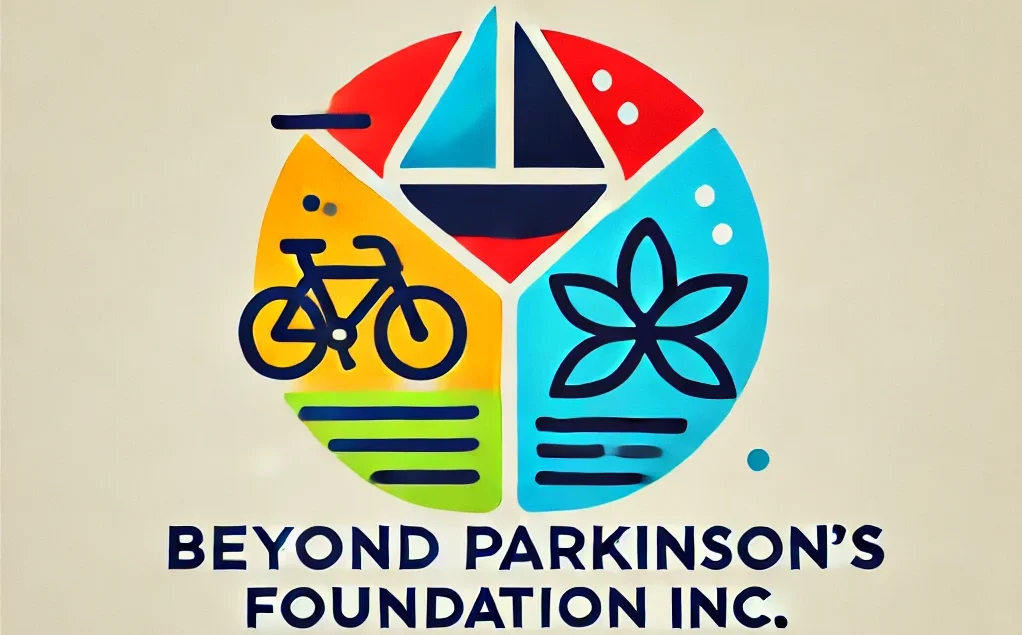- About Parkinson's
- Support The Foundation
Causes
In most cases, the cause of Parkinson’s disease is unknown. Better understanding of the complex genetic, environmental, aging and other factors that lead to Parkinson’s would be game-changing in our pursuit of preventive and therapeutic treatment options.
Causes of Parkinson's Disease
After a Parkinson’s diagnosis, people often ask “Why?” For most people, the cause of Parkinson’s is unknown (“idiopathic”). Researchers believe that Parkinson’s is caused by a combination of factors. If a continuum existed, with genetic causes at one end and environmental causes at the other, people with Parkinson’s would fall at many different places. Some cases may be due more to genetics, and others more influenced by environmental factors. We know aging plays a role, too. Scientists are working hard to understand the triggers and the cascade of cellular changes that lead to Parkinson’s. Knowing more about the cause could help researchers develop treatments to stop or even prevent the disease.
Genetics
There is a genetic component to Parkinson’s, with researchers estimating that about 30 percent of Parkinson’s risk is explained by genetics. Less than 10 percent of this risk has been explained by known genetic links, which suggests that more Parkinson’s genes have yet to be discovered.
In the past 10 years, researchers have identified a handful of causal Parkinson’s genes (GBA, LRRK2, PRKN, SNCA), where genetic mutations greatly increase one’s risk. Because not everyone who carries these genetic mutations will get Parkinson’s, other factors must play a role. The study of genetics, though, gives scientists a starting point to better understand the disease.
In the past 10 years, researchers have identified a handful of causal Parkinson’s genes (GBA, LRRK2, PRKN, SNCA), where genetic mutations greatly increase one’s risk. Because not everyone who carries these genetic mutations will get Parkinson’s, other factors must play a role. The study of genetics, though, gives scientists a starting point to better understand the disease.
Environment
Other factors have also been associated with an increased chance of developing Parkinson’s disease. These include head injury and exposure to pesticides. As well, in the early 1980s, a group of heroin users in California developed a form of Parkinson’s after taking drugs contaminated with a toxin called MPTP.
Several studies have linked smoking and caffeine consumption to lower rates of Parkinson’s disease. While we do not recommend smoking to prevent Parkinson’s, understanding these connections can help guide research into the mechanisms and treatment of the disease.
Several studies have linked smoking and caffeine consumption to lower rates of Parkinson’s disease. While we do not recommend smoking to prevent Parkinson’s, understanding these connections can help guide research into the mechanisms and treatment of the disease.
Aging
Age is the greatest risk factor for Parkinson’s disease. Due to an aging population, researchers project the number of people with Parkinson’s will double by 2040. Scientists believe our cells may be more susceptible to damage as they age. In addition, over time the expression of our genes may change, which could set off a chain of cellular events that leads to Parkinson’s disease.
Combination of Factors
Genetics, environment and aging interact to cause disease. Not everyone with a genetic mutation linked to Parkinson’s will develop the disease. Similarly, not everyone exposed to a pesticide will be diagnosed. Research into these different triggers continues aggressively every day. The Michael J. Fox Foundation is funding programs to investigate the role of these three factors in the development of Parkinson’s. Scientists are also looking at the biological changes (inflammation and cellular stress, for example) associated with these causes and their connections. Greater understanding of the causes of this disease can lead to treatments that would slow, stop or even prevent it.



